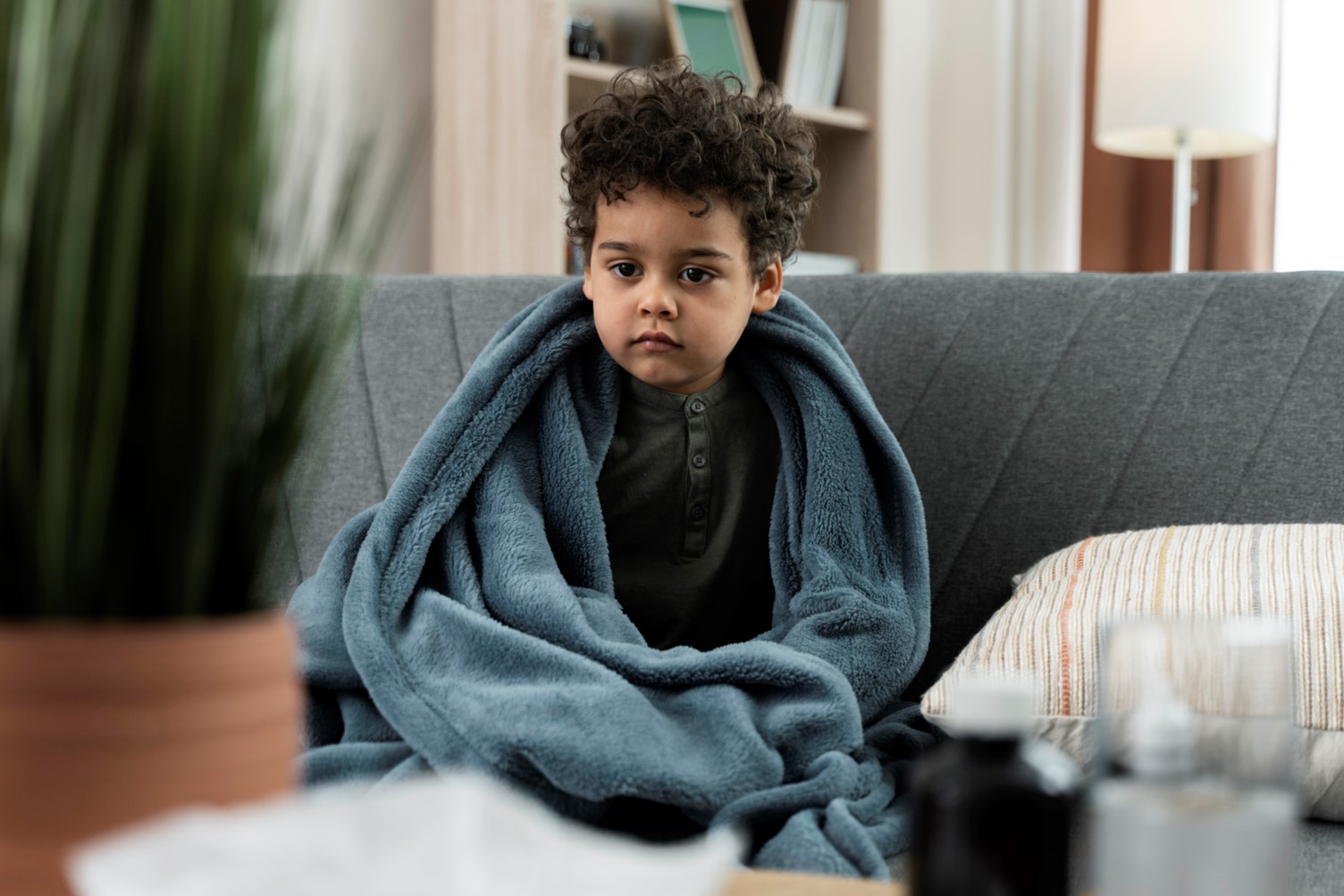Introduction to Monsoon Related Illness in Children
Monsoon related illness in children is a common concern for parents. During the rainy season, the risk of infections and diseases in kids rises. Wet weather, stagnant water, and humidity create a perfect environment for germs to grow. As a result, children may fall sick more often. It is important to know about these illnesses to keep your child safe. According to the World Health Organization (WHO), children are more vulnerable to infections during monsoon. Therefore, understanding symptoms, causes, and prevention can help protect your child’s health.
Common Symptoms of Monsoon Related Illnesses in Children
Children may show different signs when they get sick during the rainy season. However, some symptoms are more common than others. Early detection can help in quick treatment. Watch for these signs:Fever or chillsCough and coldRunny or blocked noseVomiting or diarrheaSkin rashes or itchingStomach painWeakness or tirednessLoss of appetite
If your child has any of these symptoms, it is wise to monitor them closely. Sometimes, symptoms can get worse quickly. So, do not ignore even mild signs.
Main Causes and Risk Factors During the Monsoon Season
Many factors make children more likely to get sick during monsoon. For example, rainwater can collect in open areas, leading to mosquito breeding. Mosquitoes spread diseases like dengue and malaria. Also, food and water can get contaminated easily. This can cause stomach infections. Humid weather helps bacteria and viruses grow faster. Children often play outside and may not wash their hands often. As a result, they are at higher risk. Poor drainage and crowded living conditions can also increase the chance of infection. According to the Centers for Disease Control and Prevention (CDC), these factors are common in many regions during monsoon.
Diagnosis: How These Illnesses Are Identified in Children
Doctors use a mix of questions and tests to diagnose monsoon diseases in kids. First, they ask about symptoms and recent activities. Then, they may check your child’s temperature and look for rashes or swelling. In some cases, blood or urine tests help confirm the illness. For example, a blood test can detect dengue or malaria. Stool tests may be needed for stomach infections. Early diagnosis is important. It helps start the right treatment and prevents complications. If your child’s symptoms last more than two days, visit a doctor for advice.
Treatment Options and When to Seek Medical Help
Treatment depends on the type of illness. For mild cases, rest and fluids may be enough. However, some diseases need special medicines. For example, antibiotics treat bacterial infections, while antiviral drugs help with viral illnesses. Doctors may also give medicines to reduce fever or pain. If your child has high fever, severe vomiting, or trouble breathing, seek medical help right away. Sometimes, hospital care is needed for serious cases. Never give over-the-counter medicines without asking a doctor. Always follow the treatment plan given by your pediatrician.
Prevention Tips and Lifestyle Guidance for Parents
Prevention is the best way to keep your child healthy during the rainy season. Here are some simple steps you can follow:Keep your child’s hands clean by washing them oftenUse mosquito nets or repellents to prevent bitesGive only boiled or filtered water to drinkServe fresh, home-cooked foodKeep your home dry and cleanDress your child in light, dry clothesDo not let children play in stagnant waterClean toys and surfaces regularly
Additionally, teach your child to cover their mouth when coughing or sneezing. This helps prevent the spread of germs. Encourage them to avoid sharing food or drinks with others. Good habits can lower the risk of infection.
Quick Checklist for Parents During Monsoon
Check your child for fever or rashes dailyKeep emergency numbers handyStock up on basic medicines after consulting your doctorEnsure your child’s vaccinations are up to dateWatch for signs of dehydration, like dry mouth or less urineKeep your child indoors during heavy rain
In summary, monsoon related illness in children can be prevented with simple steps. Early care and attention can make a big difference. For any concerns, consult a pediatrician for personalized advice on monsoon related illness in children.

